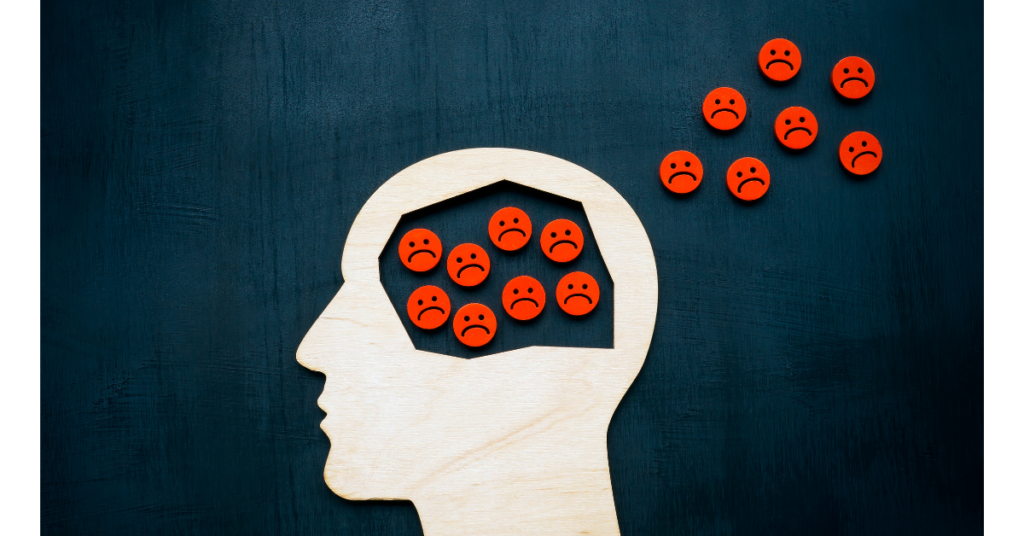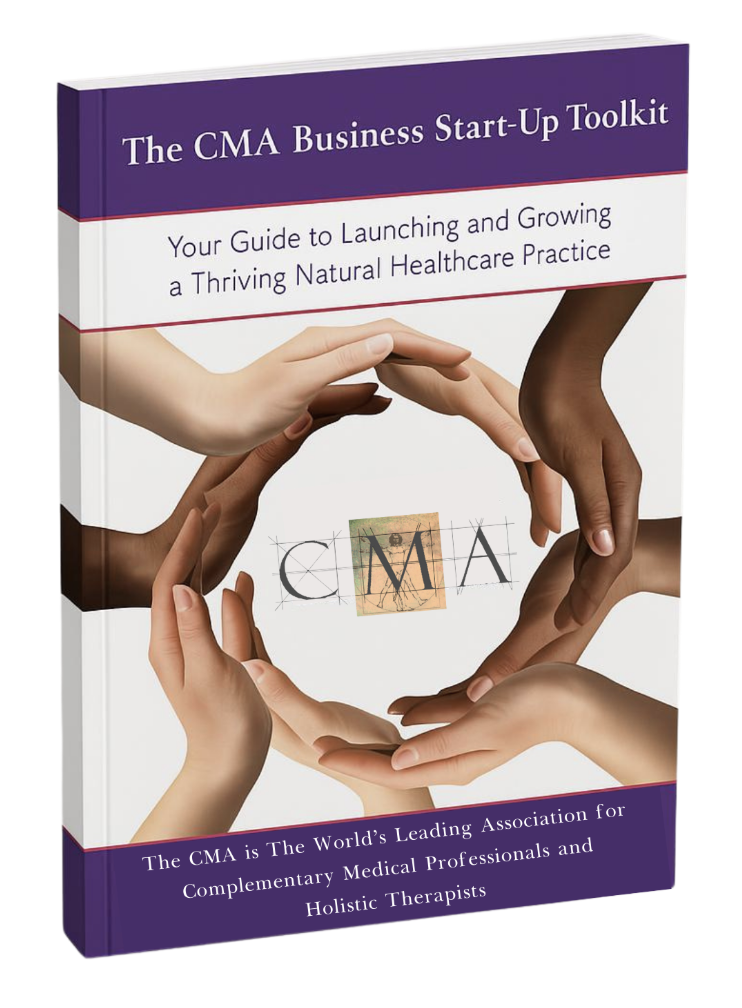What is Depression?
Depression can strike at any age and affects all genders, lasting from a few weeks to months, and, in some cases, years. It affects people on both an emotional and a physical level and is characterised by unhappy feelings and hopelessness. In severe cases, sufferers may have suicidal thoughts and may even take their own lives. It is essential that depression be diagnosed by a competent professional and that a cause is established; only then will the individual be able to get the appropriate treatment.
Signs and Symptoms
Over or under-eating, irregular sleep patterns with the individual sleeping too much or too little, fatigue; feelings of despair and worthlessness; digestive disorders; loss of interests and lack of self-care; backache; feeling restless and hopeless, irritable, and quick to anger. Depression can either make someone act in an angry or irritable manner, yet others may feel very isolated, deeply sad, and despairing.
Causes
There are many causes of depression; stress due to relationship problems, financial insecurity, or a death can trigger an attack, yet other causes can be more deep-rooted and take longer to recover from.
Biochemical abnormalities or hormonal imbalances, low thyroid function and thyroid medication can cause depression.
The disorder SAD (Seasonal Affective Disorder), where people become depressed in the winter months, is another cause of depression.
Where the sufferer is suicidal, antidepressants are often prescribed, and counselling is recommended for those whose depression is mild or is as a result of a stressful situation that the individual may be going through at the time.
Complementary Approach
It is important to seek medical help, but on the whole eating a sensible diet, taking proper regular exercise, and supplementing with herbs and vitamins will all help with this condition.
Eat a well-balanced diet that includes lots of raw vegetables and fruit. Foods greatly influence the brain’s behaviour. In order to keep serotonin levels high, ensure you have a diet that is high in complex carbohydrates; stock up on soya produces, especially soybeans, brown rice, and millet.
If you need to be a little more alert then eat meals that are high in protein as they contain essential fatty acids.
Avoid eating all junk foods. Avoid saturated fats found in chips and meat, hamburgers, and many convenience foods. These foods will make you feel sluggish, and the blood vessels will become blocked and poor circulation will occur. Many people who get depression are allergic to phenol and, as the artificial sweetener, aspartame contains phenylalanine, those with this allergy are best advised to avoid artificial sweeteners altogether. The same goes for wheat products, as intolerance of wheat gluten has also been linked to depression.
Avoid alcohol and caffeine; coffee, black tea, chocolate, cocoa, and caffeinated carbonated soft drinks.
Studies show that food allergies as can result in depression (1,2), so if you suspect that you may have food allergies then it might be worth a visit to a nutritionist if other treatments fail to work.
Nutritional Supplements
The following information does not constitute a prescription or recommended dose – studies have been conducted using the dosages stated and are included for your information only. The nutrients mentioned here are often recommended by Healthcare practitioners.
Folic acid: According to recent findings, a large proportion of people with depression have low levels of folic acid (3). In the treatment of people with manic depression, it was found that the medication lithium worked better when the individual supplemented with folic acid (4). Alcoholics who were depressed and given folic acid saw improvements in mood too (5).
Vitamin B6: Women who take the contraceptive pill tend to be deficient in this vitamin and as vitamin B6 is essential for normal brain functioning, a deficiency in this vitamin can be the could be the cause of depression. Those women who were given vitamin B6 responded positively to supplementation (6). Even those who do not take oral contraceptive pills and were depressed were found to be deficient in this vitamin. Low levels of vitamin B6 have been detected in those with depression that is associated with Pre-menstrual Syndrome (PMS). Studies show that vitamin B6 given to women with depression associated with PMS found some relief (8) although other studies do not support these findings (9).
Professionals recommend you take 300 mg of vitamin B6 daily, but at such a dosage you really should consult a qualified nutritionist.
Vitamin B12: Even in those not deficient in this vitamin (10) the moods of people with depression have been altered by them taking vitamin B12. Due to the high dosage needed, it can only be administered by injection, however.
L-tyrosine supplement boosts the production of adrenaline but should never be taken by people who are taking Monoamine oxidase inhibitor (MAO) drugs. It also raises dopamine levels and as a result has an effect on moods. Take 50 mg for every pound (lb) you weigh (0.45 kg / 454 grams). Be sure to take it on an empty stomach at bedtime. It tends to work much better if you take it with 50 mg of vitamin B6 and 100-500 mg of vitamin C.
Vitamin B complex injections can only be administered by a professional, but as all the B vitamins benefit the nervous system and the brain, this vitamin is especially beneficial for the treatment of depression.
Vitamin B5 is commonly known as the anti-stress vitamin. Practitioners recommend 500 mg daily.
Vitamin B3 improves circulation in the brain area. Do not take it if you have a liver disorder, gout, or high blood pressure.
Herbs
St John’s wort (Hypericum) is the most popular herbal preparation used in the treatment of depression. It has been proven to have to improve the moods of those who suffer from mild to moderate depression (11,12). Many believe the key antidepressant compound in St John’s wort is hypericin, but the focus of research is now shifting onto another compound called hyperforin. Take 900 mg daily in divided doses. You will need to take St John’s wort for 4-6 weeks before you notice significant results, and it should be taken as near to mealtimes as possible.
Gingko biloba helped alleviate depression, according to a study of depressed elderly people (13).
Kava kava induces calm and helps relive depression. If you feel drowsy when taking this herb you should reduce the dosage or stop taking it all together.
Further Information
Colour therapy has been beneficial to those with depression. (See Colour Therapy – History And Uses)
Full spectrum lighting works for those who suffer with SAD and is essential in the long winter months so seek out suppliers of these lamps.
For a comprehensive review of CIM/CAM guidelines (English-language areas only), see:
Ng JY, Nazir Z, Nault H. Complementary and alternative medicine recommendations for depression: A systematic review and assessment of clinical practice guidelines. BMC Complement Med Ther. 2020 Oct 7;20(1):299. doi: 10.1186/s12906-020-03085-1. PMID: 33028320; PMCID: PMC7541317.
References
1. King DS. Can allergic exposure provoke psychological symptoms? A double-blind test. Biol Psychiatr 1981;16:3–19.
2. Brown M, Gibney M, Husband PR, Radcliffe M. Food allergy in polysymptomatic patients. Practitioner 1981;225:1651–54.
3. Reynolds E, et al. Folate deficiency in depressive illness. Br J Psychiatr 1970;117:287–92.
4. Coppen A, Chaudrhy S, Swade C. Folic acid enhances lithium prophylaxis. J Affective Disorders 1986;10:9–13.
5. Di Palma C, Urani R, Agricola R, et al. Is methylfolate effective in relieving major depression in chronic alcoholics? A hypothesis of treatment. Curr Ther Res 1994;55:559–67.
6. Adams PW, Wynn V, Rose DP, et al. Effect of pyridoxine hydrochloride (Vitamin B6) upon depression associated with oral contraception. Lancet1973;I:897–904.
7. Russ CS, Hendricks TA, Chrisley BM, et al. Vitamin B6 status of depressed and obsessive-compulsive patients. Nutr Rep Internat 1983;27:867–73.
8. Gunn ADG. Vitamin B6 and the premenstrual syndrome (PMS). Int J Vitam Nutr Res 1985;(Suppl 27):213–24 [review].
9. Kleijnen J, Riet GT, Knipschild P. Vitamin B6 in the treatment of the premenstrual syndrome – a review. Brit J Obstet Gynaecol 1990;97:847–52.
10. Ellis FR, Nasser S. A pilot study of vitamin B12 in the treatment of tiredness. Br J Nutr 1973;30:277–83.
11. Harrer G, Sommer H. Treatment of mild / moderate depressions with Hypericum. Phytomedicine 1994;1:3–8.
12. Ernst E. St John’s wort, an antidepressant? A systemic, criteria-based review. Phytomedicine 1995;2:67–71.
13. Schubert H, Halama P. Depressive episode primarily unresponsive to therapy in elderly patients; efficacy of Ginkgo biloba extract (EGb 761) in combination with antidepressants. Geriatr Forsch 1993;3:45–53.


